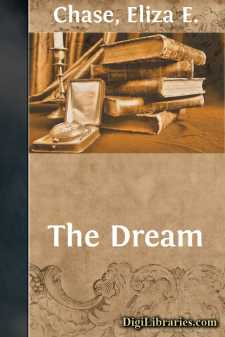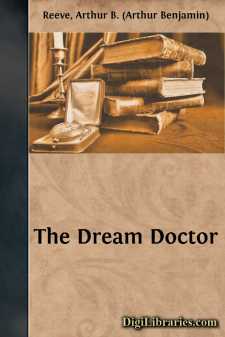Fiction
- Action & Adventure 180
- Biographical 15
- Christian 59
- Classics
- Coming of Age 5
- Contemporary Women 3
- Erotica 8
- Espionage/Intrigue 12
- Fairy Tales, Folklore & Mythology 236
- Family Life 169
- Fantasy 117
- Gay 1
- General 596
- Ghost 32
- Historical 808
- Horror 43
- Humorous 160
- Jewish 25
- Legal 4
- Medical 22
- Mystery & Detective 315
- Political 49
- Psychological 41
- Religious 64
- Romance 159
- Sagas 11
- Science Fiction 730
- Sea Stories 113
- Short Stories (single author) 537
- Sports 10
- Suspense 1
- Technological 8
- Thrillers 2
- Urban Life 31
- Visionary & Metaphysical 1
- War & Military 173
- Westerns 199
Classics Books
Sort by:
Introduction This investigation was prompted by the abiding conviction that Plautus as a dramatic artist has been from time immemorial misunderstood. In his progress through the ages he has been like a merry clown rollicking amongst people with a hearty invitation to laughter, and has been rewarded by commendation for his services to morality and condemnation for his buffoonery. The majority of...
more...
Since Luther, Germany has produced no greater or better man than Gotthold Ephraim Lessing; these two are Germany's pride and joy. This is the witness of Heine, and with Goethe in memory, none would pronounce the statement too bold. Luther and Lessing are Germany's representative men; each inaugurates an epoch the very existence of which would not have been possible without him. Nor is this...
more...
INTRODUCTION I Gerhart Hauptmann, the most distinguished of modern German dramatists, was born in the Silesian village of Obersalzbrunn on November 15, 1862. By descent he springs immediately from the common people of his native province to whose life he has so often given the graveness of tragedy and the permanence of literature. His grandfather, Ehrenfried, felt in his own person the bitter fate of...
more...
INTRODUCTION The first volume of the present edition of Hauptmann's Dramatic Works is identical in content with the corresponding volume of the German edition. In the second volume The Rats has been substituted for two early prose tales which lie outside of the scope of our undertaking. Hence these two volumes include that entire group of dramas which Hauptmann himself specifically calls social....
more...
ADVERTISEMENT. [Prefaced to Edition issued in 1808, edited by Sir Walter Scott.] After the lapse of more than a century since the author's death, the Works of Dryden are now, for the first time, presented to the public in a complete and uniform edition. In collecting the pieces of one of our most eminent English classics,—one who may claim at least the third place in that honoured list, and who...
more...
ACT THE FIRST. SCENE I. The Grove.—Lady Waitfor't's House. Enter Marianne, and Letty, from the House. Mari. But I tell you I will come out—I didn't come to Bath to be confined, nor I won't—I hate all their company, but sweet Miss Courtney's. Letty. I declare, Miss Marianne, you grow worse and worse every day, your country manners will be the ruin of you. Mari. Don't...
more...
by:
William Ashman
oe Doolin's my name. Cowhand—work for old Farrel over at Lazy F beyond the Pass. Never had much of anything exciting happen to me—just punched cows and lit up on payday—until the day I happened to ride through the Pass on my way to town and saw young Buck Tarrant's draw. Now, Buck'd always been a damn good shot. Once he got his gun in his hand he could put a bullet right where he...
more...
by:
Eliza E. Chase
CHAPTER I During the severe winter of 1860 the river Oise was frozen over and the plains of Lower Picardy were covered with deep snow. On Christmas Day, especially, a heavy squall from the north-east had almost buried the little city of Beaumont. The snow, which began to fall early in the morning, increased towards evening and accumulated during the night; in the upper town, in the Rue des Orfevres, at...
more...
THE DREAM DOCTOR "Jameson, I want you to get the real story about that friend of yours, Professor Kennedy," announced the managing editor of the Star, early one afternoon when I had been summoned into the sanctum. From a batch of letters that had accumulated in the litter on the top of his desk, he selected one and glanced over it hurriedly. "For instance," he went on reflectively,...
more...
PROLOGUE Barbara Garratry was thirty and Irish. To the casual observer the world was a bright coloured ball for her tossing. When she was a tiny mite her father had dubbed her "Bob, Son of Battle," because of certain obvious, warlike traits of character, and "Bob" Garratry she had been ever since. She had literally fought her way to the top, handicapped by poverty, very little...
more...











